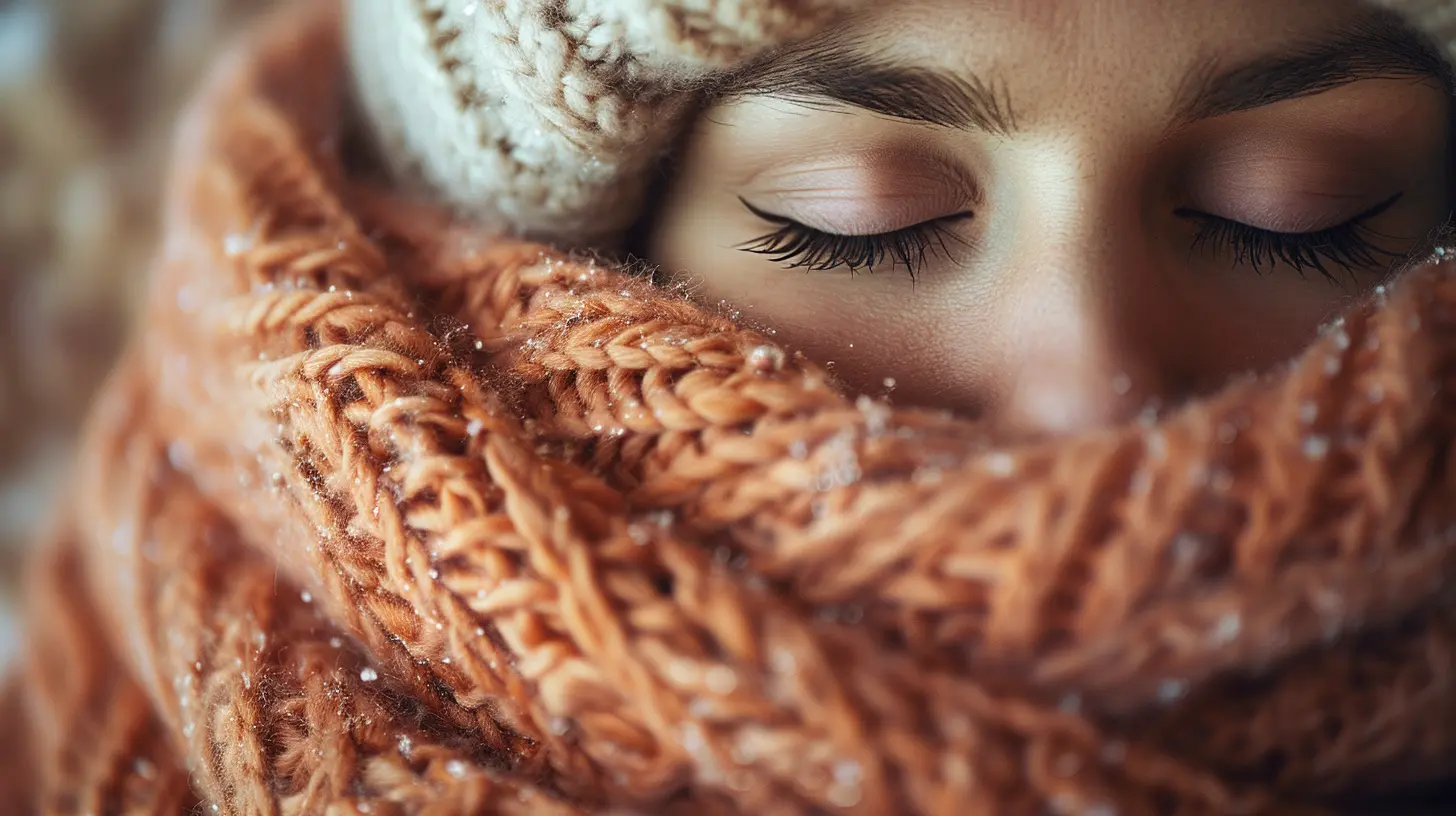15 January 2025
Have you ever noticed how you’re more likely to catch a cold or flu after a few sleepless nights? It’s as if your body just gives in to what’s floating around. Well, that’s not your imagination. Sleep and your immune system are closely linked, and if you’re skimping on shut-eye, you’re essentially leaving the gates wide open for germs to march right in. In this article, we’ll dive into why maintaining a healthy sleep routine is more than just about avoiding grogginess—it’s your front-line defense against cold and flu. 
Why Sleep Matters for Your Immune System
Let’s think of your immune system as a well-trained army. When you’re sleeping, it’s like giving this army the downtime it needs to regroup, strategize, and refuel. Sleep is the time when your body produces essential immune factors like cytokines, which play a critical role in fighting off infections and inflammation.Now, imagine pulling an all-nighter or getting only four hours of sleep. That’s like sending your immune system into battle with half its soldiers AWOL. Sounds like a bad idea, right? Without quality sleep, your body has a harder time producing these infection-fighting proteins, leaving you vulnerable to common illnesses like the cold and flu. 
The Role of Sleep in Strengthening Our Defense Mechanisms
Ever wondered why your body craves rest when you’re sick? It’s no coincidence. Sleep is the time when your immune defense gets to work. While you snooze, your body churns out antibodies, repairs damaged tissues, and bolsters its natural defense mechanisms.Think of sleep as your home’s security system. When it’s functioning properly (a solid 7–9 hours per night for most adults), it can fend off intruders—germs, in this case. But if you’re skimping on it, you’re basically leaving the doors and windows wide open. 
How Poor Sleep Increases Your Risk of Cold and Flu
Can one sleepless night really make you more likely to get sick? Unfortunately, yes. Research has shown that people who don’t get enough sleep are significantly more likely to catch a cold when exposed to the virus compared to those who get adequate rest.When you’re sleep-deprived, your body’s ability to respond to viral invaders takes a nosedive. The production of cytokines (remember those infection fighters we talked about earlier?) slows down, and your immune system essentially goes into “low-power mode.”
It’s like trying to run a marathon after pulling an all-nighter—your body simply doesn’t have the energy or resources to perform at its best. And in the case of cold and flu season, that performance could mean the difference between staying healthy or spending a week in bed surrounded by tissues and cough drops. 
The Link Between Sleep and Stress
Ever noticed how you struggle to sleep when you’re stressed? Or how stress magically seems to leave you sniffling and sneezing? It’s all connected. Sleep and stress have a very “chicken-and-egg” kind of relationship.When you don’t get enough sleep, your body produces more stress hormones like cortisol. High levels of stress, in turn, suppress your immune system, putting you at even greater risk for catching something. It’s a vicious cycle!
Breaking that cycle starts with prioritizing your sleep. It’s not just about quantity—it’s about quality, too. Deep, restorative sleep is what your body craves to recover and fend off those pesky germs.
Tips for Maintaining a Healthy Sleep Routine
Now, I know what you’re thinking: “Yeah, yeah, I get it—sleep is important. But how do I actually make it happen?” Don’t worry; I’ve got your back. Here are some practical tips to help you stick to a healthy sleep routine:1. Stick to a Sleep Schedule
Ever heard the phrase, “You’re a creature of habit”? Well, your body truly is. Going to bed and waking up at the same time every day—even on weekends—trains your internal clock, making it easier to fall asleep and wake up naturally.2. Create a Sleep-Friendly Environment
Your bedroom should feel like a cozy cave: dark, cool, and quiet. Use blackout curtains, invest in a white noise machine, and keep the temperature just right (usually around 65°F or 18°C).3. Limit Screen Time Before Bed
Scrolling through social media or binge-watching your favorite show can wreak havoc on your sleep. The blue light from screens messes with your melatonin production, making it harder to drift off. Try to power down your devices at least an hour before bedtime.4. Watch Your Diet
Caffeine and heavy meals before bed? Big no-no. They can disrupt your sleep and leave you tossing and turning all night. Instead, go for a light snack if you’re feeling peckish, like a banana or a handful of nuts.5. Get Moving During the Day
Exercise isn’t just good for your waistline—it’s a sleep booster, too. Regular physical activity helps you fall asleep faster and enjoy deeper sleep. Just make sure not to exercise too close to bedtime, or you might find yourself too wired to wind down.How Much Sleep Do You Really Need?
This is the million-dollar question, right? The National Sleep Foundation recommends that adults aim for 7–9 hours of sleep per night. Teenagers and kids typically need even more.But—and here’s the kicker—it’s not just about clocking those hours. The quality of your sleep matters as much as the quantity. If you’re waking up multiple times a night or not hitting those deep sleep cycles, it’s like eating junk food and expecting to feel nourished.
The Bottom Line
If you’ve been brushing off sleep as something you’ll “catch up on later,” it’s time for a reality check. Sleep is not a luxury—it’s a necessity, especially when it comes to warding off colds and the flu. Maintaining a healthy sleep routine isn’t just about avoiding crankiness or dark circles under your eyes. It’s about giving your immune system the tools it needs to keep you healthy.So, next time you’re tempted to sacrifice sleep for an extra episode of your favorite show or a late-night scroll through social media, remember this: every hour of missed sleep is a chink in your immune system’s armor. Protect your body, prioritize your sleep, and give yourself the best shot at staying sniffle-free.









Thorne Hayes
This article effectively highlights the crucial link between a healthy sleep routine and immunity. Prioritizing quality sleep not only enhances overall well-being but also strengthens our defenses against colds and flu. Great tips and insights for anyone looking to boost their health during flu season!
February 21, 2025 at 3:26 PM